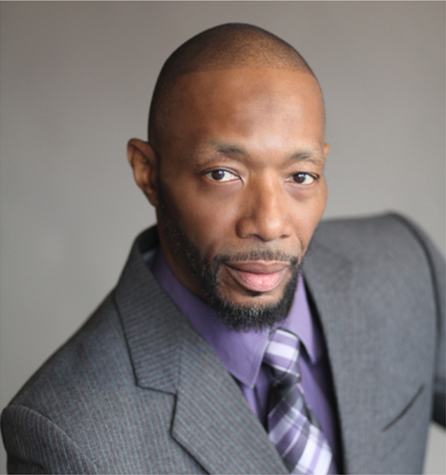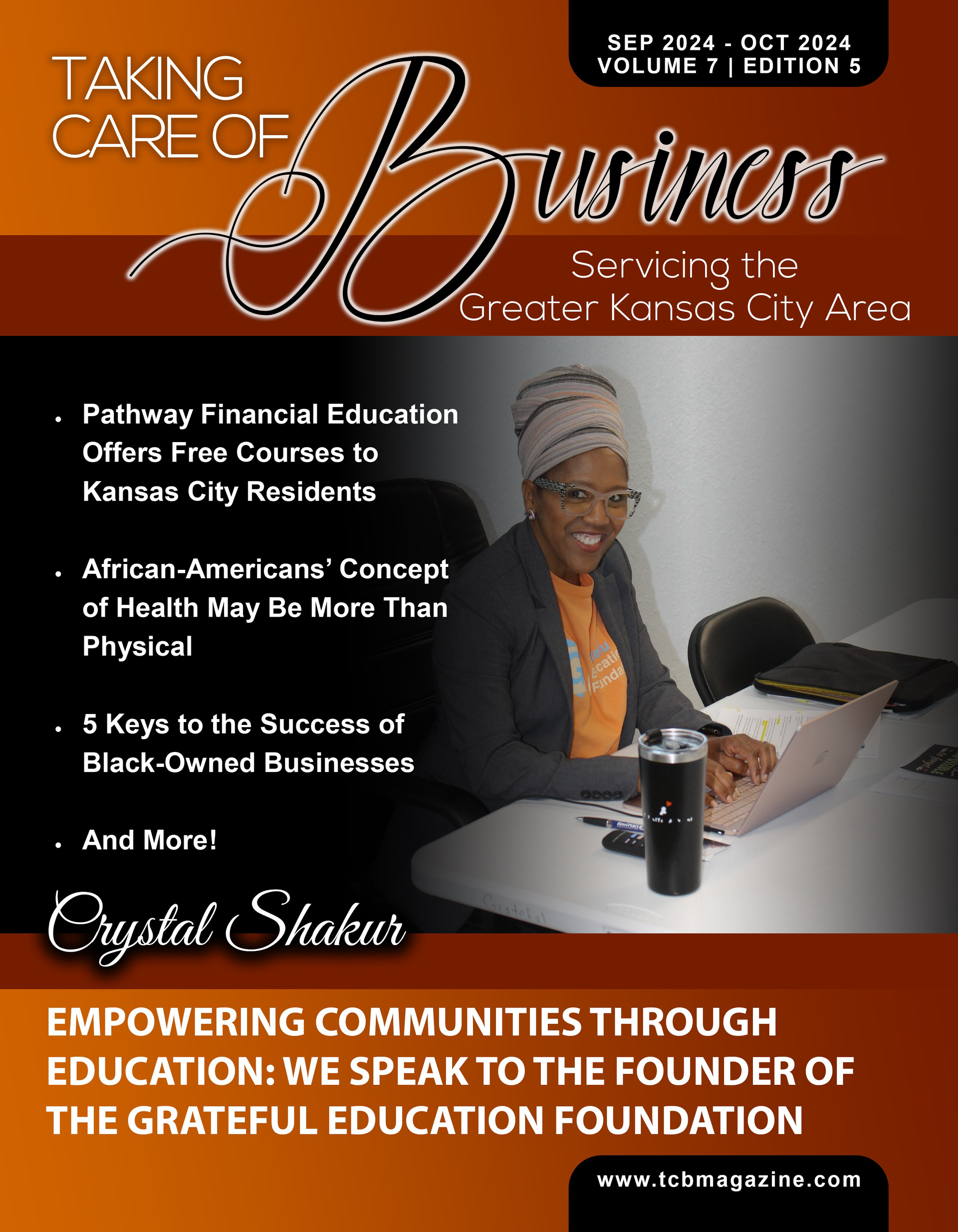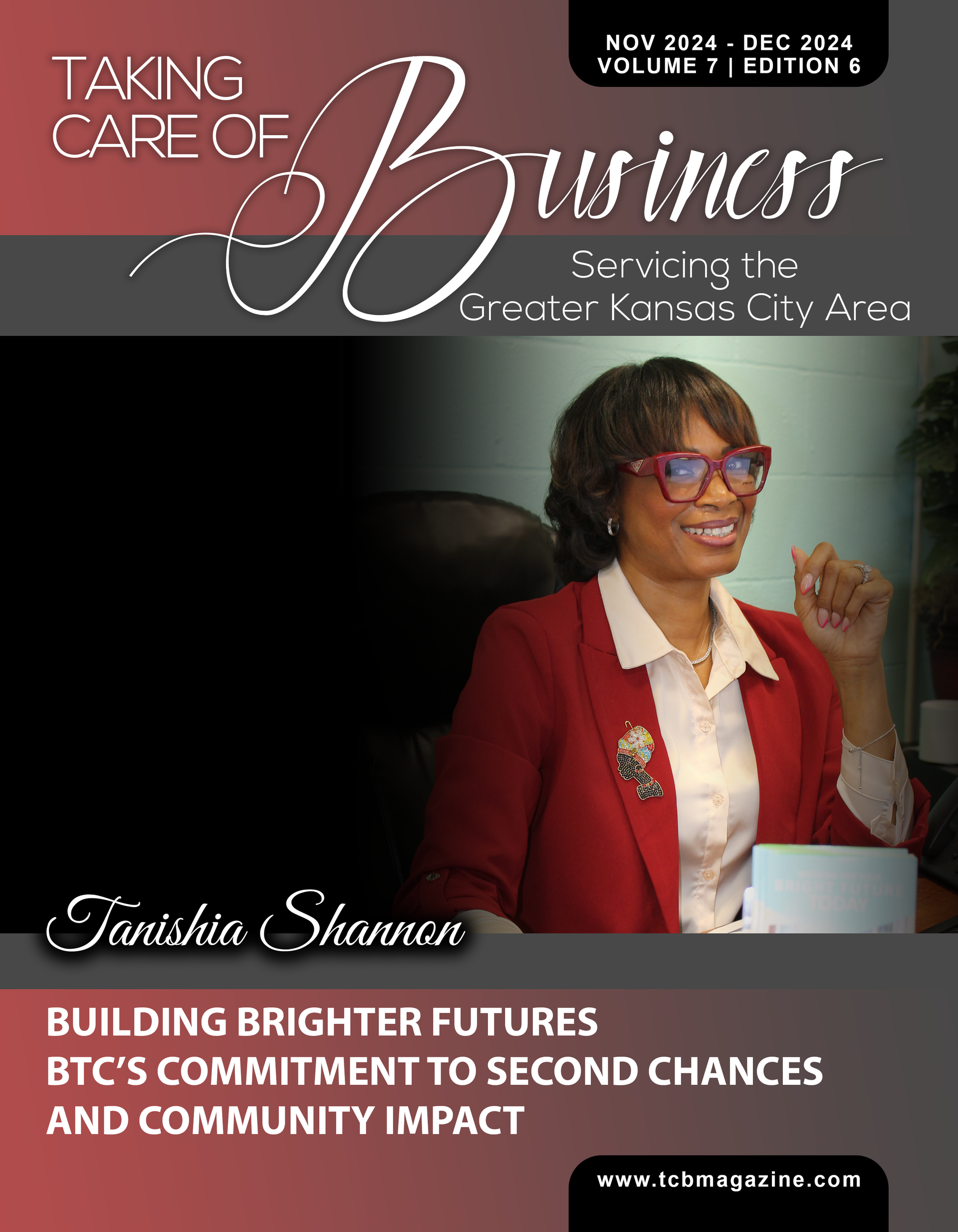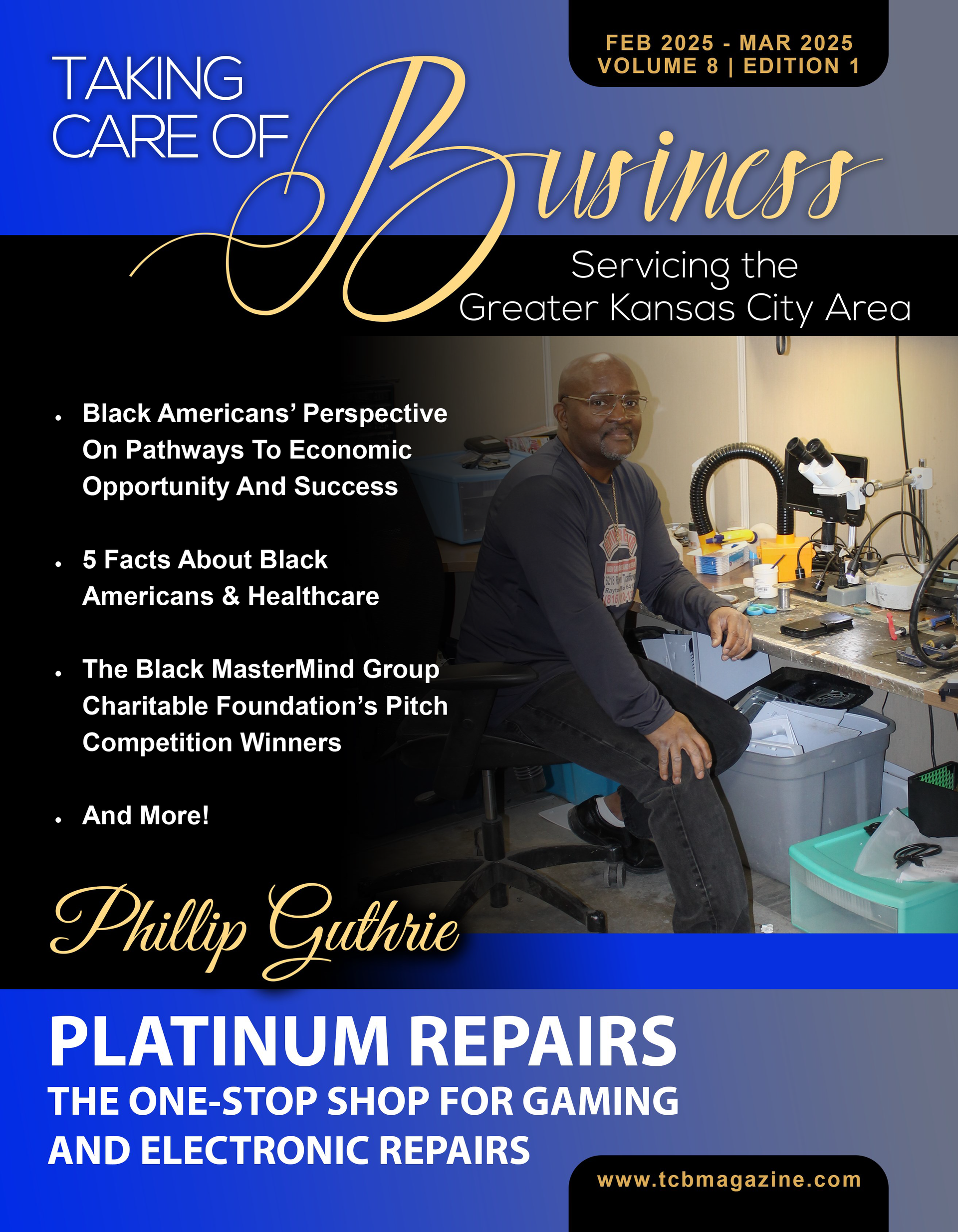Building Brighter Futures: BTC’s Commitment to Second Chances and Community Impact
For BTC (Beyond The Conviction), a second chance is more than a slogan—it’s a mission, a movement, and a lifeline. Established in 2007 by Patrick Danley, BTC began as a reentry support program, and today it is a thriving organization that addresses a wide range of needs. With access to over 130 housing units, community partnerships, and offering hands-on training programs, BTC helps individuals who have faced obstacles such as incarceration, economic hardship, and other societal barriers. “Our goal,” says Executive Director Tanishia Shannon, “is to help everyday individuals become productive members of society. Everyone deserves that chance, no matter their past.”
BTC’s growth from reentry support to a multifaceted organization is a testament to its commitment. The organization is designed to be a "one-stop shop" for those in need of stability and skills, offering services for formerly incarcerated individuals, veterans, single parents, and at-risk youth. “We’re here for anyone who walks through our doors,” Shannon explains. “But we have a particular focus on ex-offenders, helping them gain the skills and support they need to reintegrate. It truly takes a village, and BTC is that village for many.”
Comprehensive Support through Specialized Programs
BTC’s Workforce Preparatory Training Service is among its flagship offerings, setting participants on pathways to sustainable careers, not just jobs. This 28-week program, structured around practical skills, offers training in construction, property maintenance, landscaping, and customer service, with a new addition of IT training through a partnership with Spectrum Communications. “Our aim is to get people into careers with growth potential, giving them tools to change their futures,” Shannon says. Each cohort can accommodate up to 28 participants, with new slots opening in June 2025 due to high demand. “It’s inspiring,” she notes, “seeing people go from barely making ends meet to earning six-figure salaries.”
Housing and transportation are critical parts of BTC’s support. The organization collaborates with property managers and landlords willing to rent to individuals who face barriers due to criminal records. “Housing is a significant obstacle,” Shannon shares. “We’ve been able to offer stable homes thanks to partners who believe in our mission.” BTC’s transportation services also provide discounted rates for individuals with felony convictions to ensure they can commute to work and other necessities. “Getting from point A to point B can be a challenge for our participants,” Shannon explains. “Removing that barrier can make a huge difference.”
A Vision for Nationwide Impact
BTC’s ambitions reach far beyond its current programs. “Our ultimate goal is to establish BTC in all 50 states,” Shannon shares confidently. “We’ve seen firsthand how lives can be transformed, and we want to replicate that in as many communities as possible.” This vision includes a new initiative called "Business Baby Showers," a unique program supporting budding entrepreneurs, especially those with criminal records, by providing essentials like business licenses, supplies, and mentorship. “It’s like a baby shower, but for a business,” Shannon explains. “We want to provide a foundation for people to start their businesses and help foster a cycle of success in their communities.”
The organization’s success is built on partnerships with local businesses, individuals, and other organizations. It’s guided by BTC’s philosophy of the “Three T’s” — time, talent, and treasure. “Our partners bring something unique, which helps us fill in the gaps in our services,” Shannon explains. “Whether it’s volunteering time, specialized skills, or financial support, our collaborations make a difference.”
BTC’s inclusive approach, Shannon says, is built on making essential services accessible to all, and the organization likens itself to the “Quick Trip of social services.” “People can come to BTC and find everything they need—groceries, toiletries, grooming, job support. We want to be a place where individuals can access all the essentials to restart their lives.”
The Ripple Effect: Giving Back and Paying It Forward
BTC’s work goes beyond immediate assistance; it aims to create a ripple effect, encouraging participants to give back. “Our hope is that when someone’s life is turned around, they’ll come back and pay it forward,” Shannon says passionately. “For us, a success story isn’t just someone doing well for themselves, but someone who is helping others in their journey.”
Shannon’s own path to BTC reflects the organization's transformative mission. “I came to BTC through community service. My background was in nursing, but I found my purpose here. I get to build relationships and create opportunities for others, and that’s what I’m most passionate about,” she says.
How to Connect with BTC
BTC’s doors are open to anyone needing assistance or interested in supporting their mission. Shannon encourages individuals to reach out. “You can contact us by calling our office at (816) 842-4975 or by visiting our website at www.btcbbf.org. Our site links to all our programs, whether it’s staffing, property maintenance, or human services. We want people to know that there’s a place for them at BTC.”
As BTC continues its work, the organization embodies hope, resilience, and the power of community. Their innovative programs and commitment to expanding second-chance opportunities make them a vital force for change, and their ambition to grow across the U.S. holds the promise of brighter futures for countless individuals that have been challenged by incarceration.
Beyond the Conviction
4042 Indiana Ave
Kansas City, MO 64130

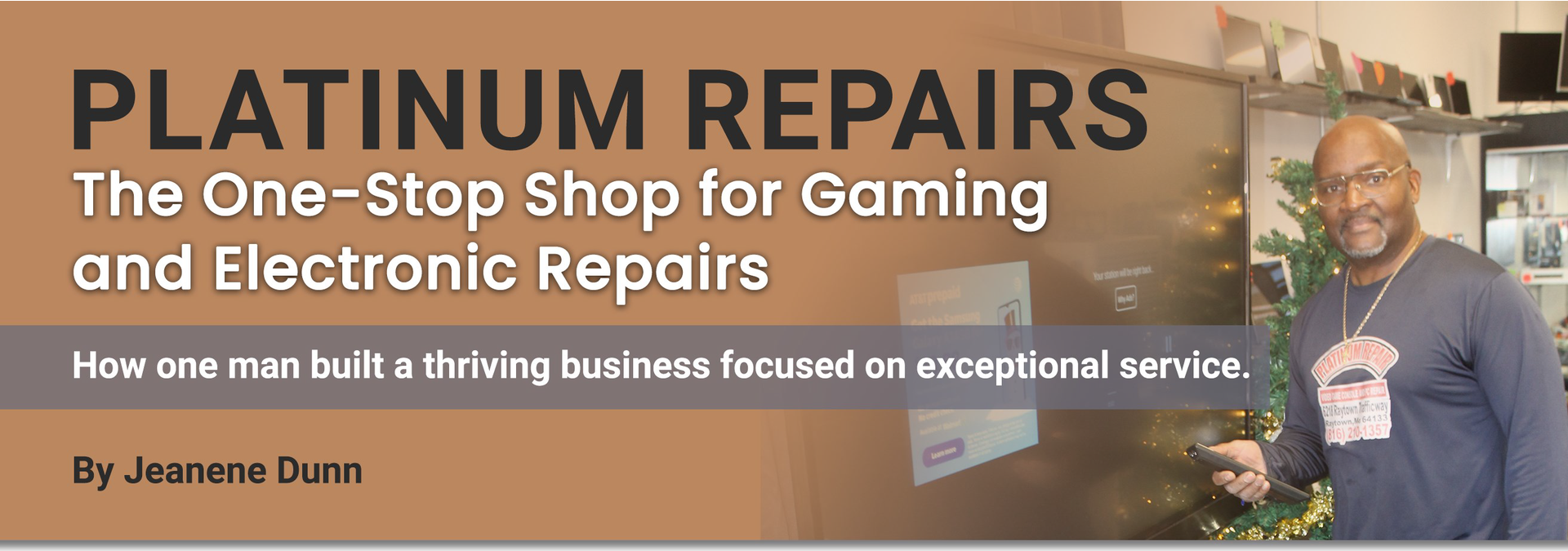

About Us
Taking Care of Business is your go-to magazine for empowering the black business community. With a focus on entrepreneurship, finance, and wellness, we offer tailored insights and inspiring stories to help professionals thrive. We champion diversity and foster growth in the black community.
Mailing List
Join the Newsletter
We will get back to you as soon as possible
Please try again later
Follow Us
Stay connected with Taking Care of Business for the latest updates, articles, and insights! Follow us on social media to join the conversation, get inspired, and stay informed about the vibrant world of black entrepreneurship and business excellence. Don't miss out – follow us today on Facebook, Instagram, Twitter, and LinkedIn!
Copyright © 2025. Taking Care of Business Magazine. All rights reserved. • Powered by Digital Media Partners
